Sometimes, history isn’t just about the best moments or the biggest heroes. Just like in a movie, there are characters who aren’t exactly…well, the best. Let’s dive into a list of some U.S. Presidents who didn’t exactly get a standing ovation!
Ulysses S. Grand’s Scandal Fest
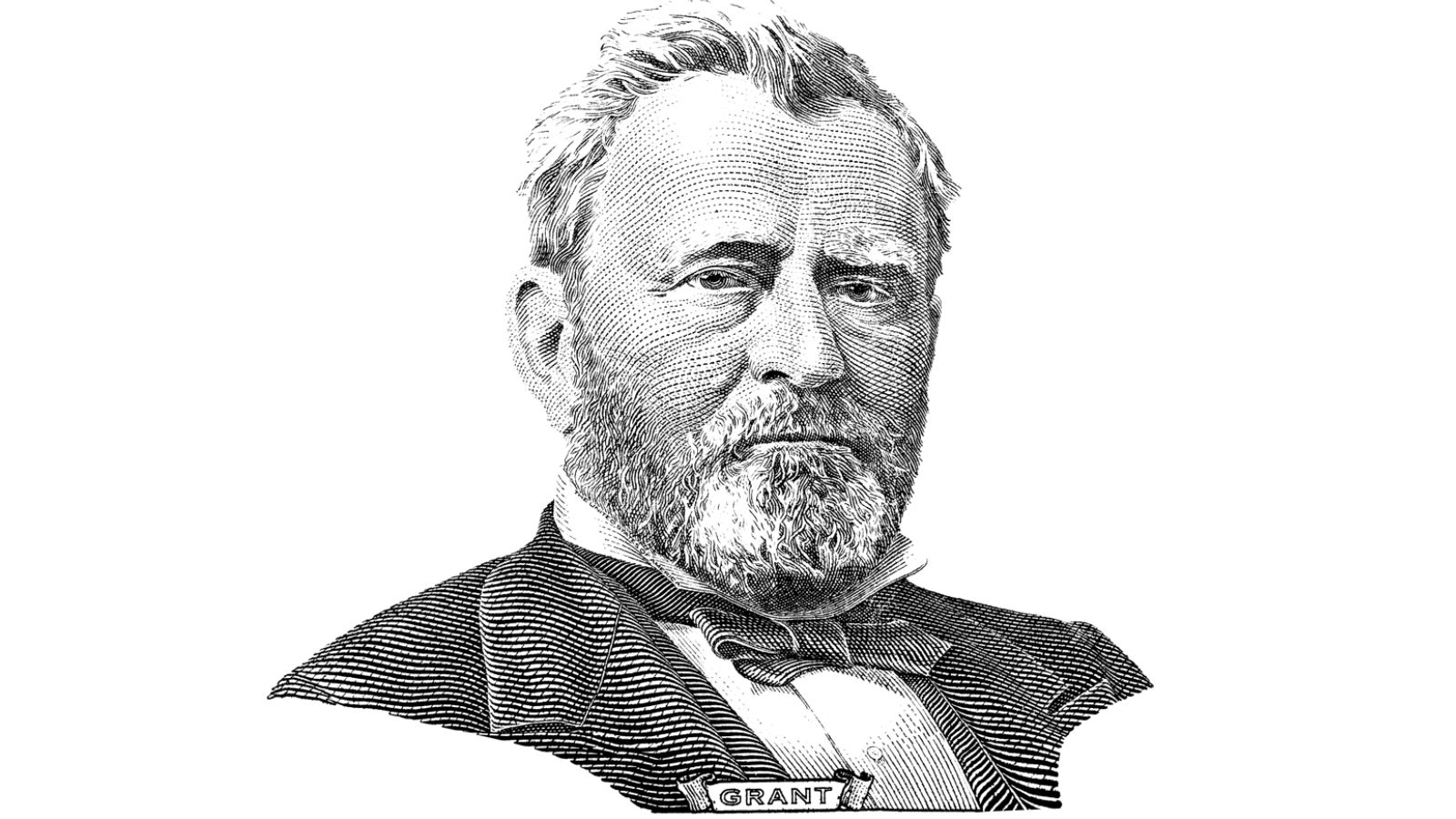
Sure, he was a brilliant general in the Civil War, but Ulysses S. Grant’s presidency was like a roller coaster without safety checks. It was riddled with financial and political scandals, making his administrative years less than golden. Black Friday and the Whiskey Ring? Just a few bumps on his rocky presidential journey.
Millard Fillmore’s Complex Compass
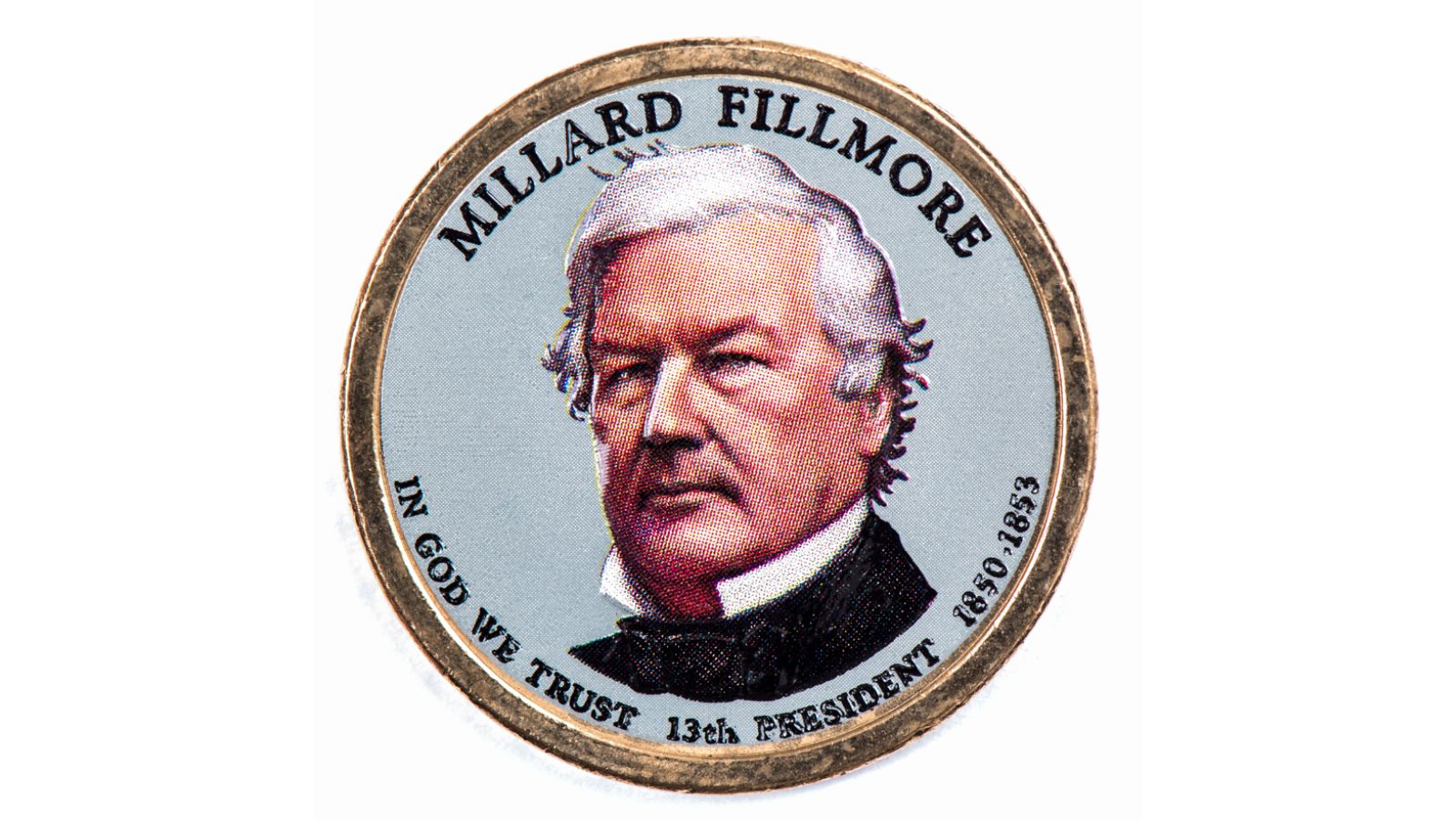
Fillmore was one unpredictable fellow. The dude rocked up in support of the Compromise of 1850, thinking it would bond the nation. But, whoops, it actually housed the Fugitive Slave Act. Yikes! Instead of promoting unity, it became a huge point of contention, ensuring that any runaway slaves were caught and returned. Not the brightest moment in his legacy.
John Tyler’s Party Playground
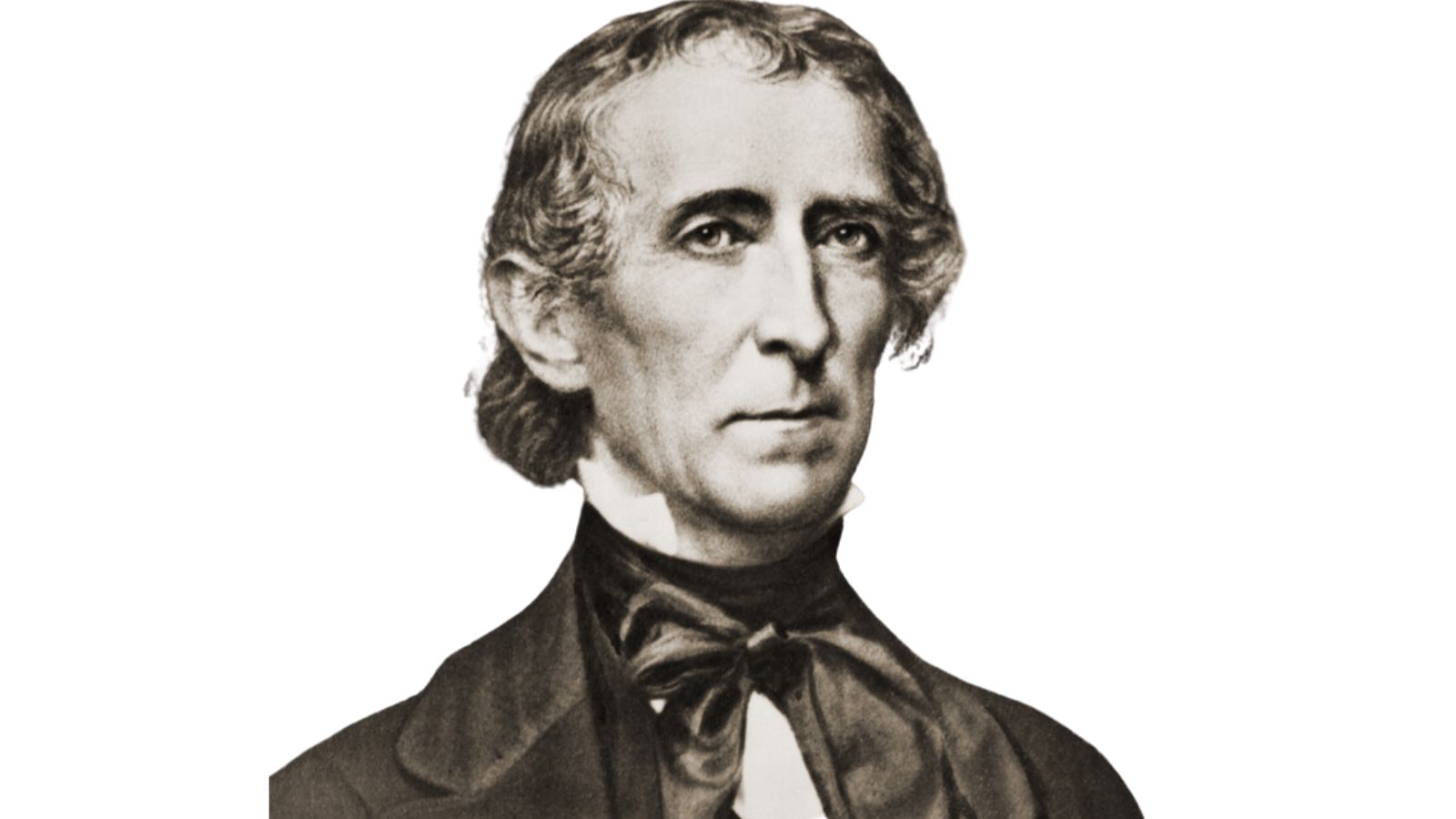
John Tyler was the king of political hopscotch. He dumped his initial party, only to be left stranded by his newfound political buddies. And if that wasn’t drama enough, practically his entire team, talking about cabinet members, bid him goodbye. One might say he had a knack for turning allies into ghosting ex-friends.
Richard Nixon’s Slippery Slope
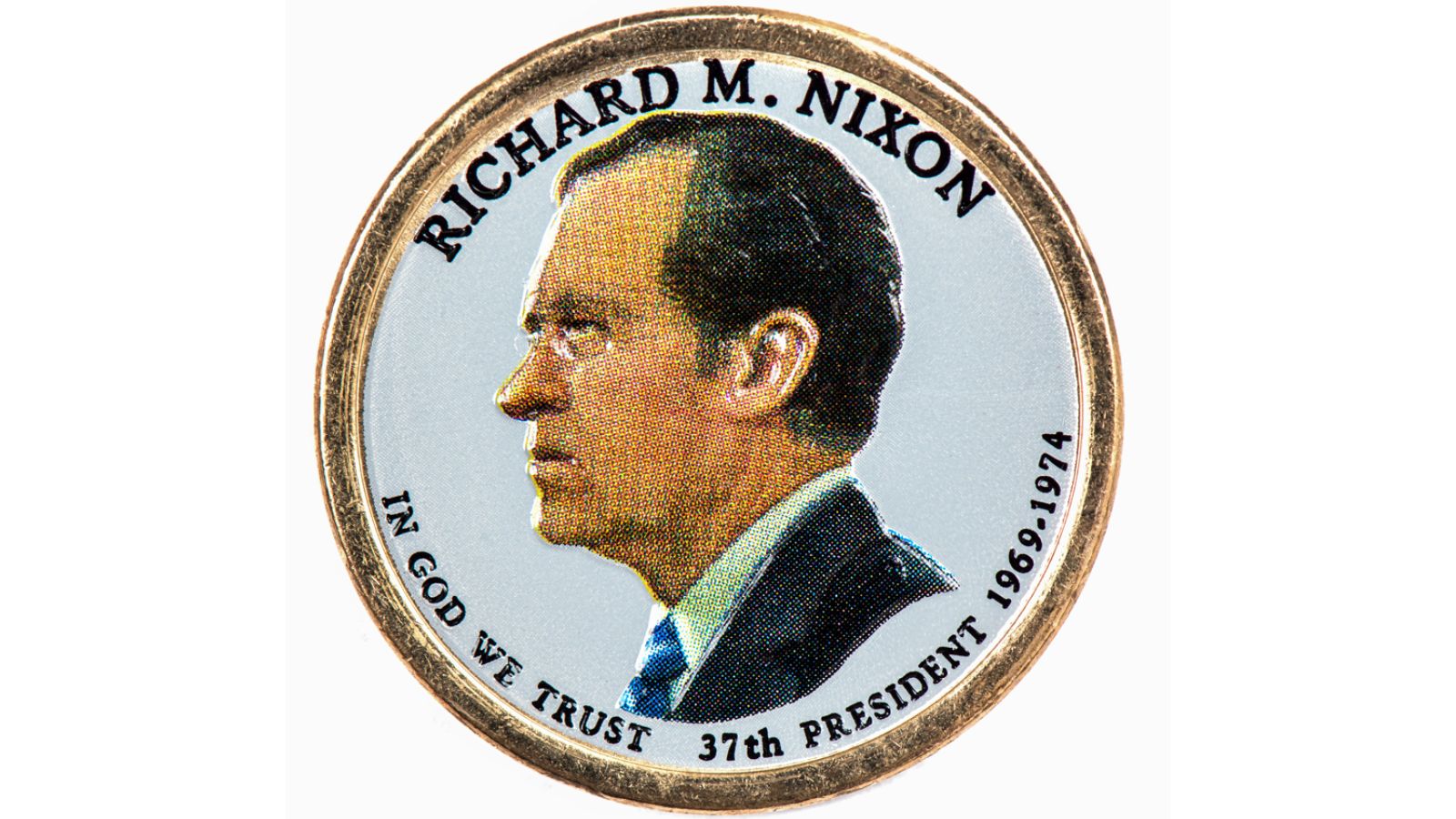
Nixon’s time in office? More twisty than a pretzel. Everyone knows about the Watergate Scandal. But for those in the back – it was this mega political mess involving break-ins and super-secret audio tapes. And while all this drama was unfolding, Nixon decided to drop the mic and leave the stage, as in resign, before things got even messier.
Franklin Pierce, the Divisive Dude
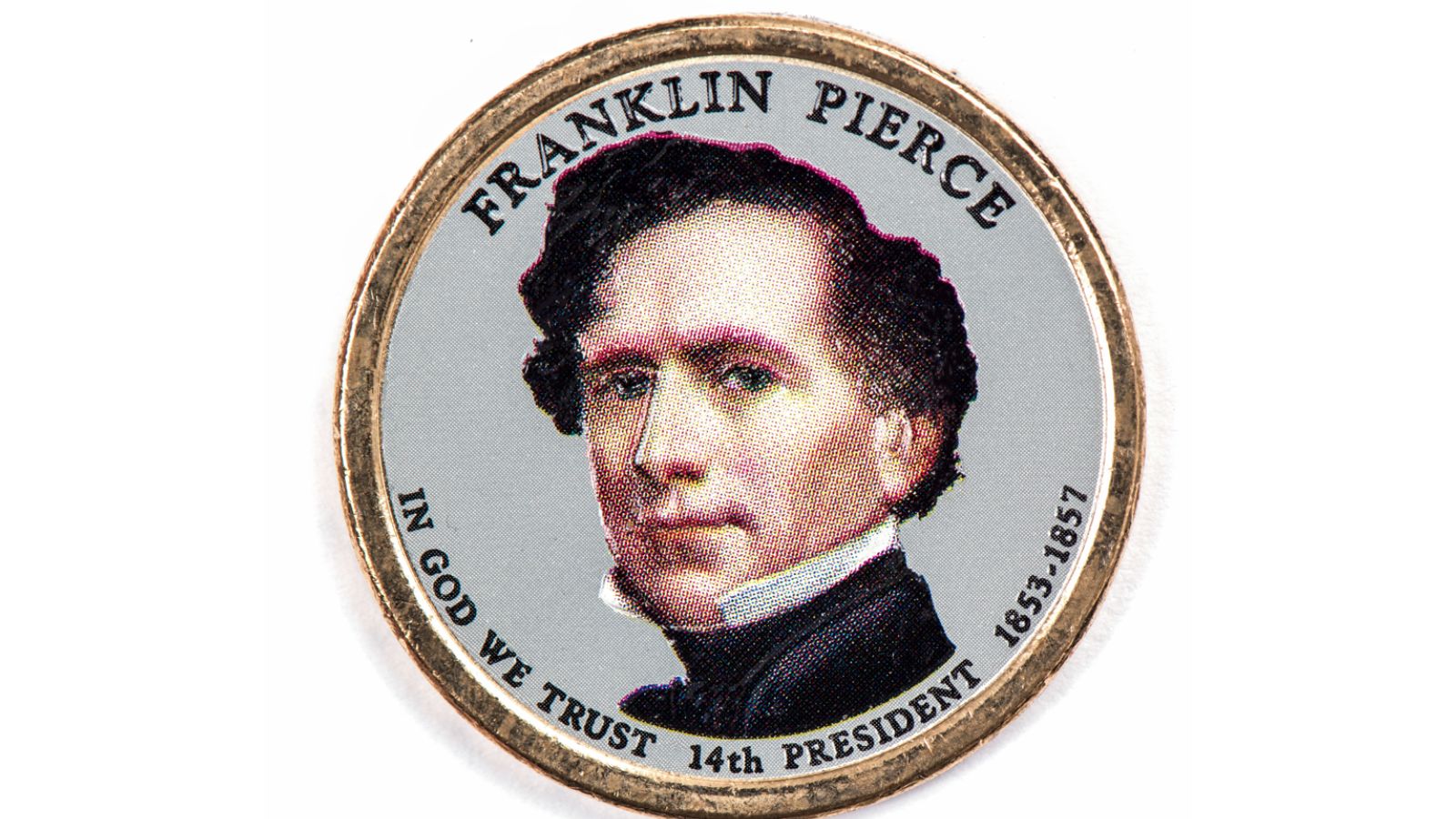
Pierce tried to play peacemaker but ended up causing a pizza war – too many toppings and not enough cheese. By endorsing the Kansas-Nebraska Act, he unintentionally rolled out the red carpet for a face-off between the pro and anti-slavery factions. Definitely wasn’t the harmonious tune he was hoping for.
Andrew Johnson, Mr. Unpopular
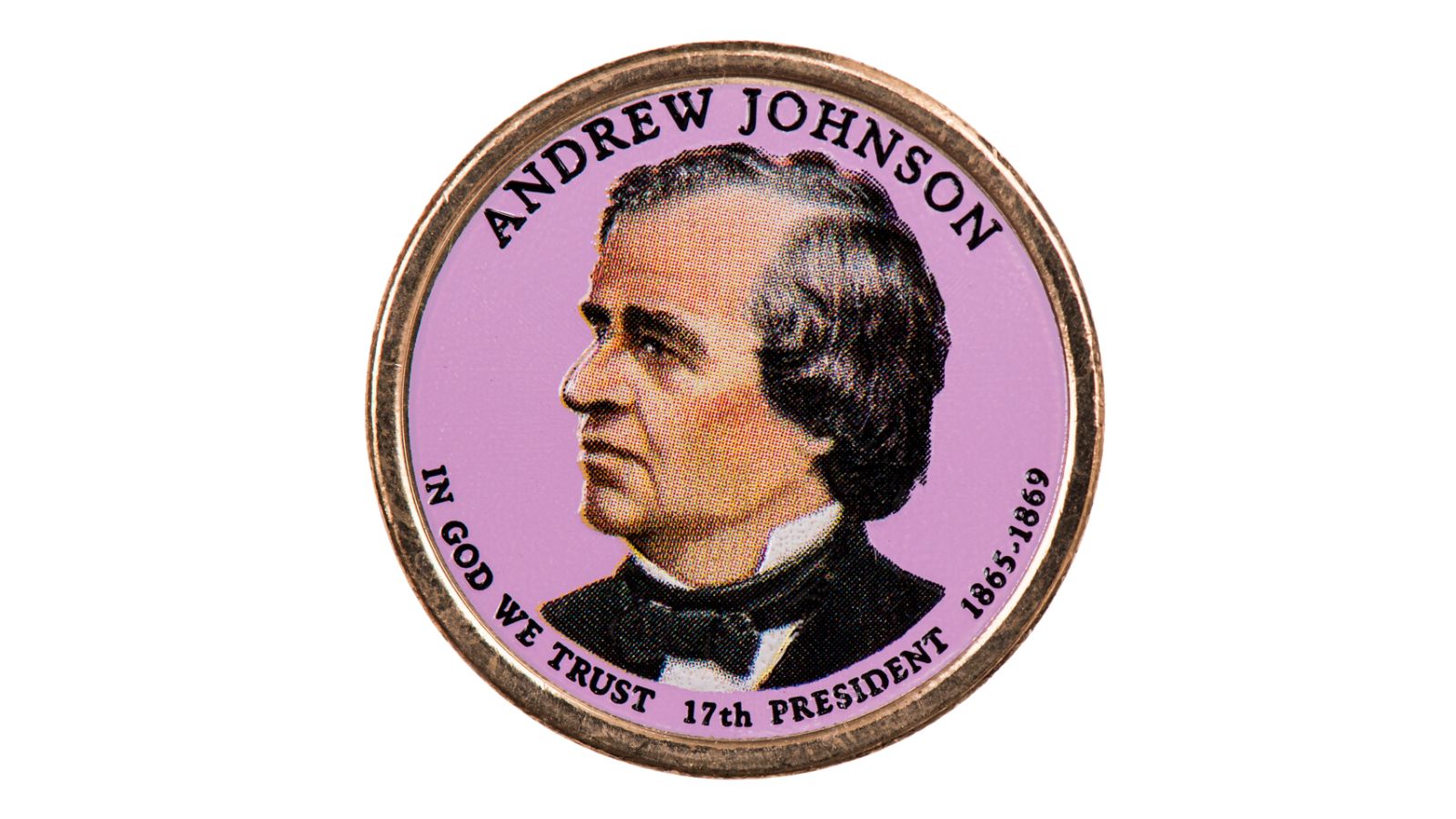
Johnson tried to wear Lincoln’s large shoes and stumbled big time. He was constantly locking horns with Congress. Result? A massive impeachment drama by the House. Though he managed to escape by a whisker in the Senate, his reputation took a nosedive, and it was no surprise when his term ended.
Herbert Hoover’s Economic Ebb
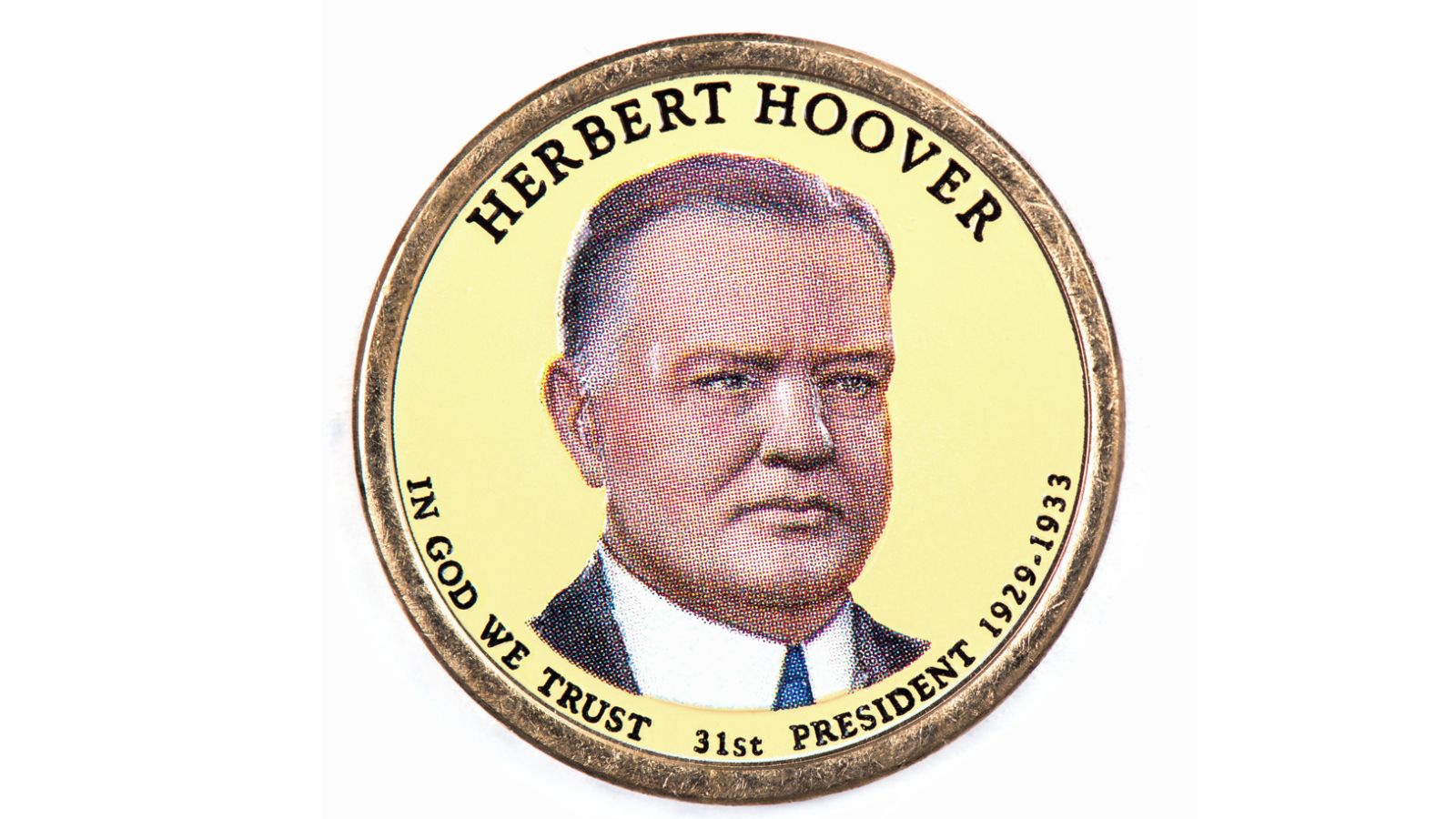
When Hoover grabbed the presidential torch, little did he know it was about to burn out. As the Great Depression loomed, fingers pointed at him. Many felt he just sat there, twiddling his thumbs, instead of pulling up his sleeves and tackling the sinking economy head-on. They blamed him for the mass of problems that the average American faced.
Warren G. Harding’s Tangled Web
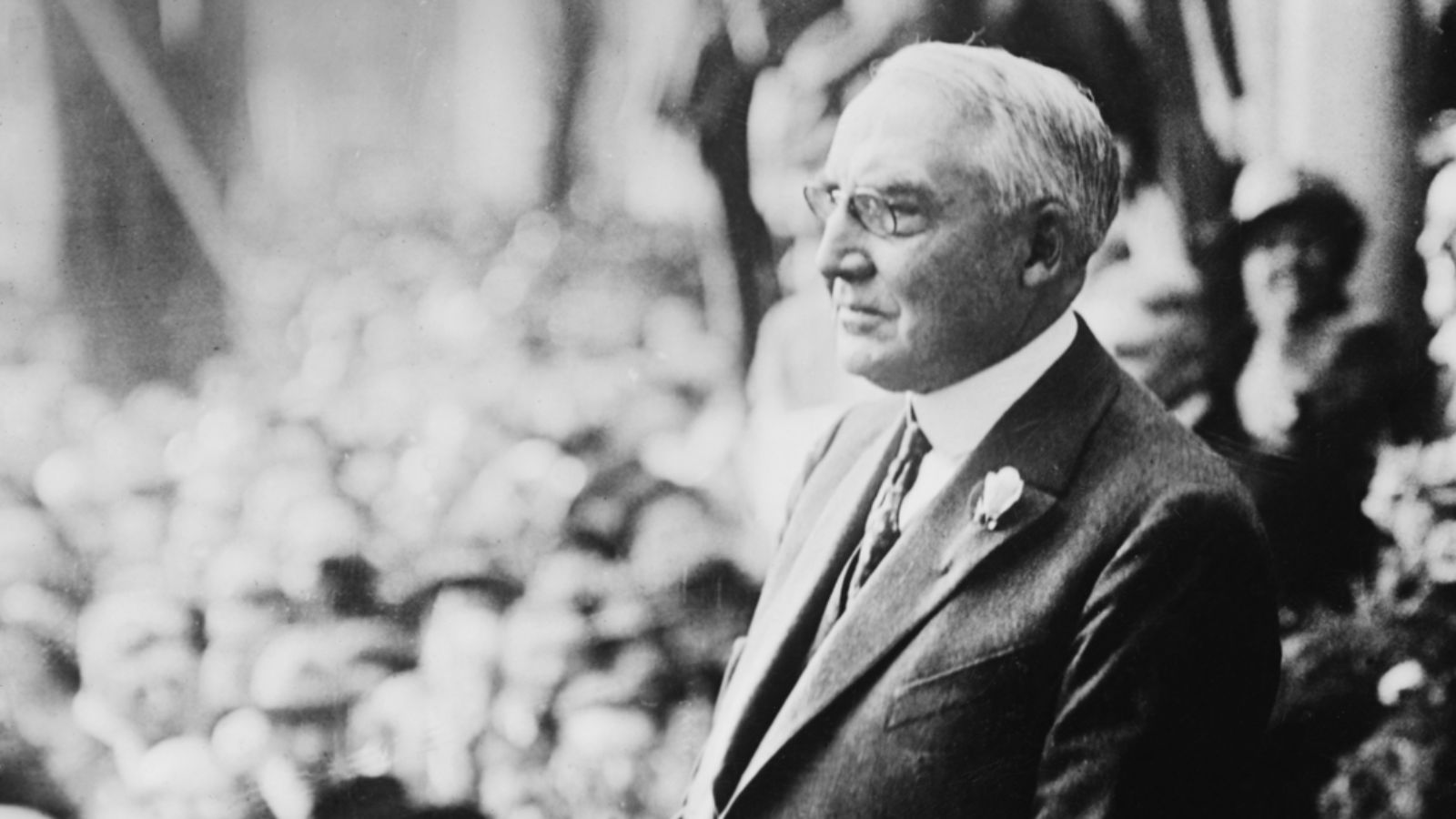
Harding thought he’d have a calm sail, but alas, he stumbled upon the infamous Teapot Dome Scandal. This wasn’t just some minor hiccup. We’re talking bribery, we’re talking oil reserves, we’re talking major side-eyes from the public. His presidency had more stains than a toddler’s bib.
George W. Bush’s Turbulent Times
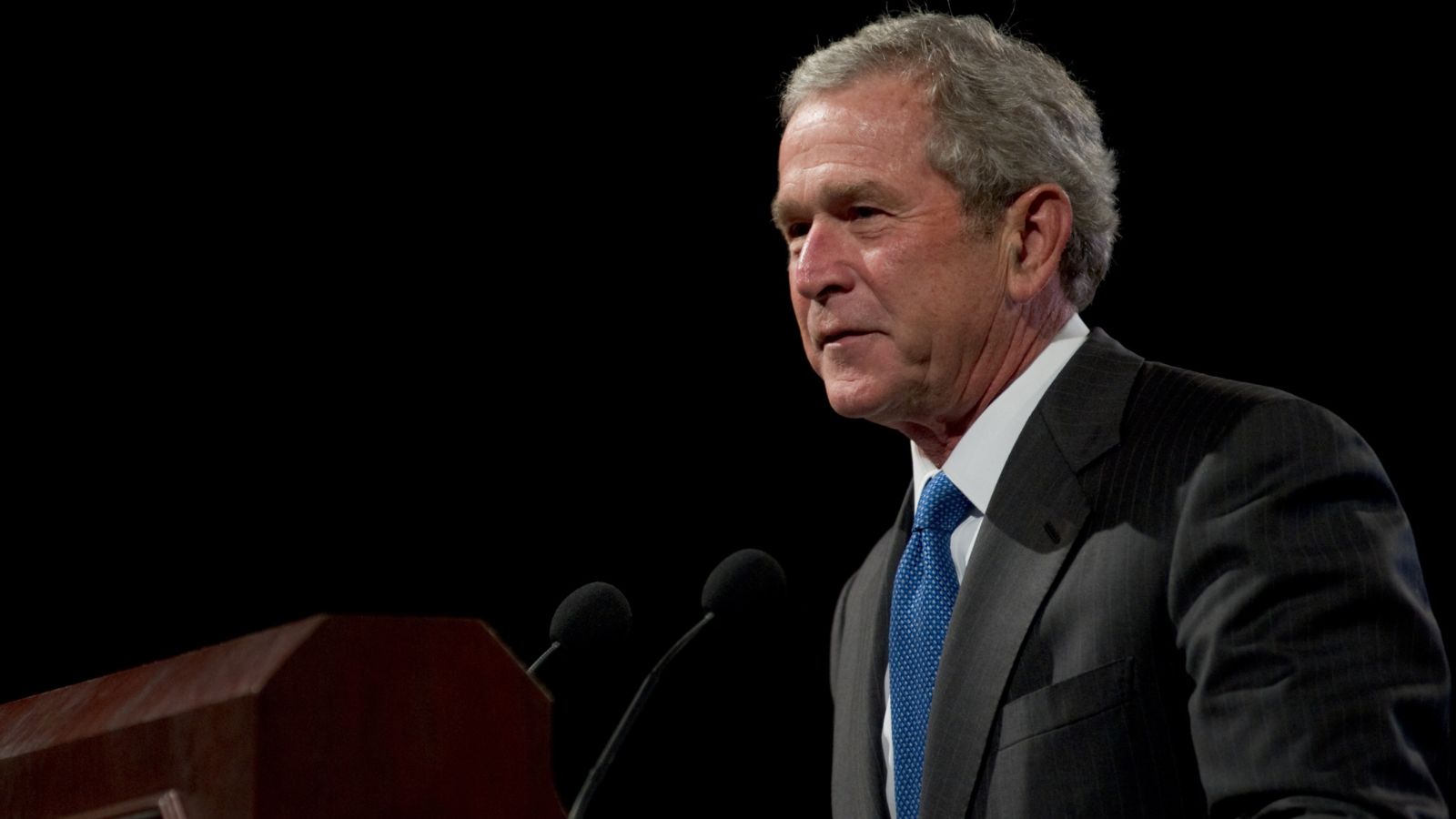
After the heart-wrenching attacks of 9/11, George W. Bush faced a world that was dramatically changed. Amidst this backdrop, he championed the Iraq War based on intelligence suggesting weapons of mass destruction, but when no such weapons were found, many were left skeptical. The handling of Hurricane Katrina further made people critical of his presidency.
James Buchanan’s Brewing Storm
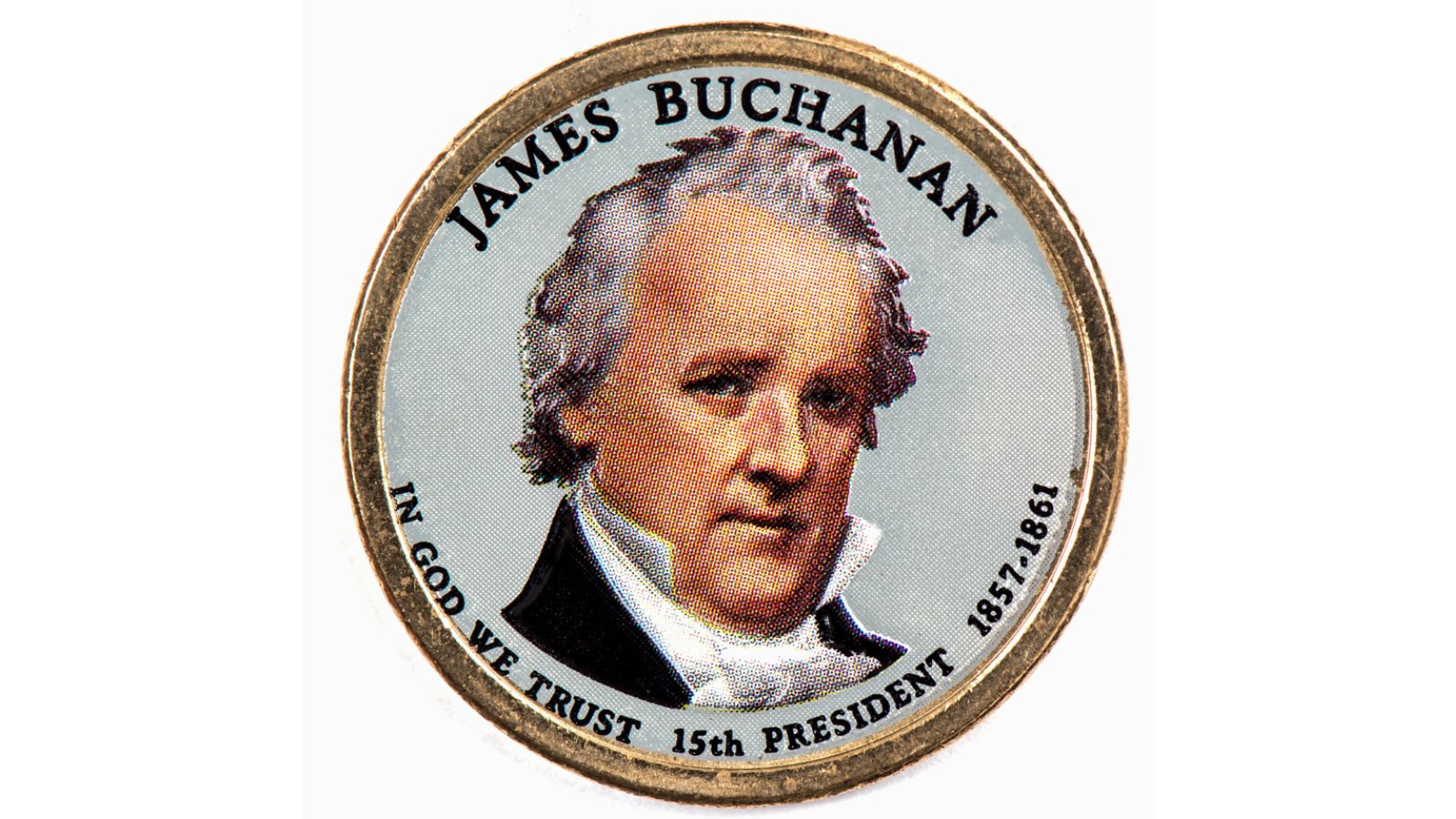
In the late 1850s, as the North and South grew increasingly distant, Buchanan had the task of bridging that widening gap. However, he further aggravated the wounds instead of acting as a soothing balm. His indecision on key issues meant he wasn’t the unifying force America desperately needed.
Calvin Coolidge’s Hushed Harm

While Coolidge was known for his reserved demeanor, his policies were anything but quiet. He inadvertently set the stage for speculation and market excesses. When the stock market crashed a few months after he left office, many saw his policies as contributing factors to the ensuing Great Depression.
James A. Garfield’s Tragic Tale
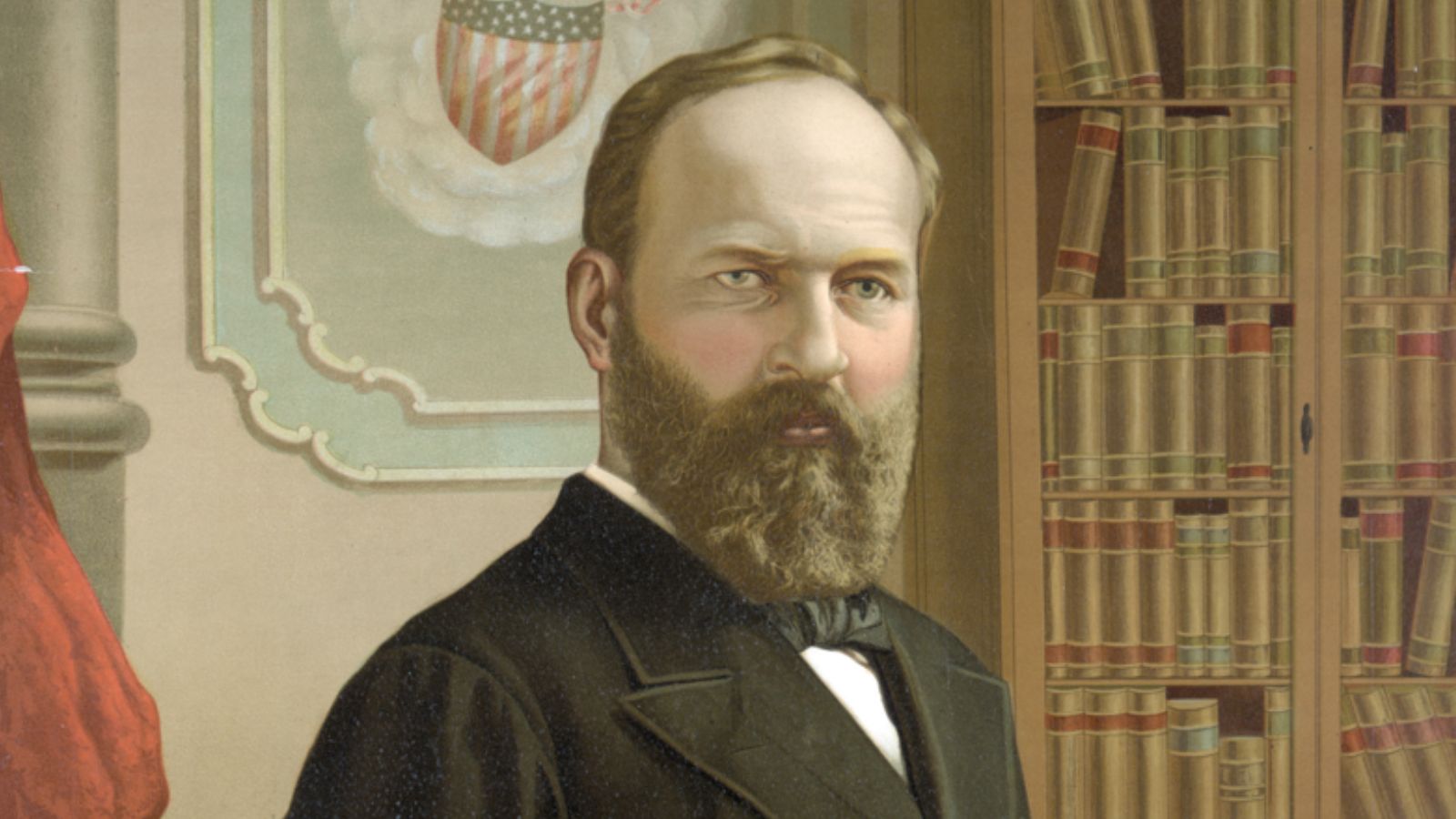
Just as Garfield was settling into the Oval Office, tragedy struck. He was shot by Charles Guiteau, a disgruntled office-seeker. Garfield’s subsequent death a few months later, primarily due to medical malpractice, cut short what might’ve been a substantial presidential tenure. His tenure is often viewed through the lens of “what might have been.”
Benjamin Harrison’s Dollar Dance
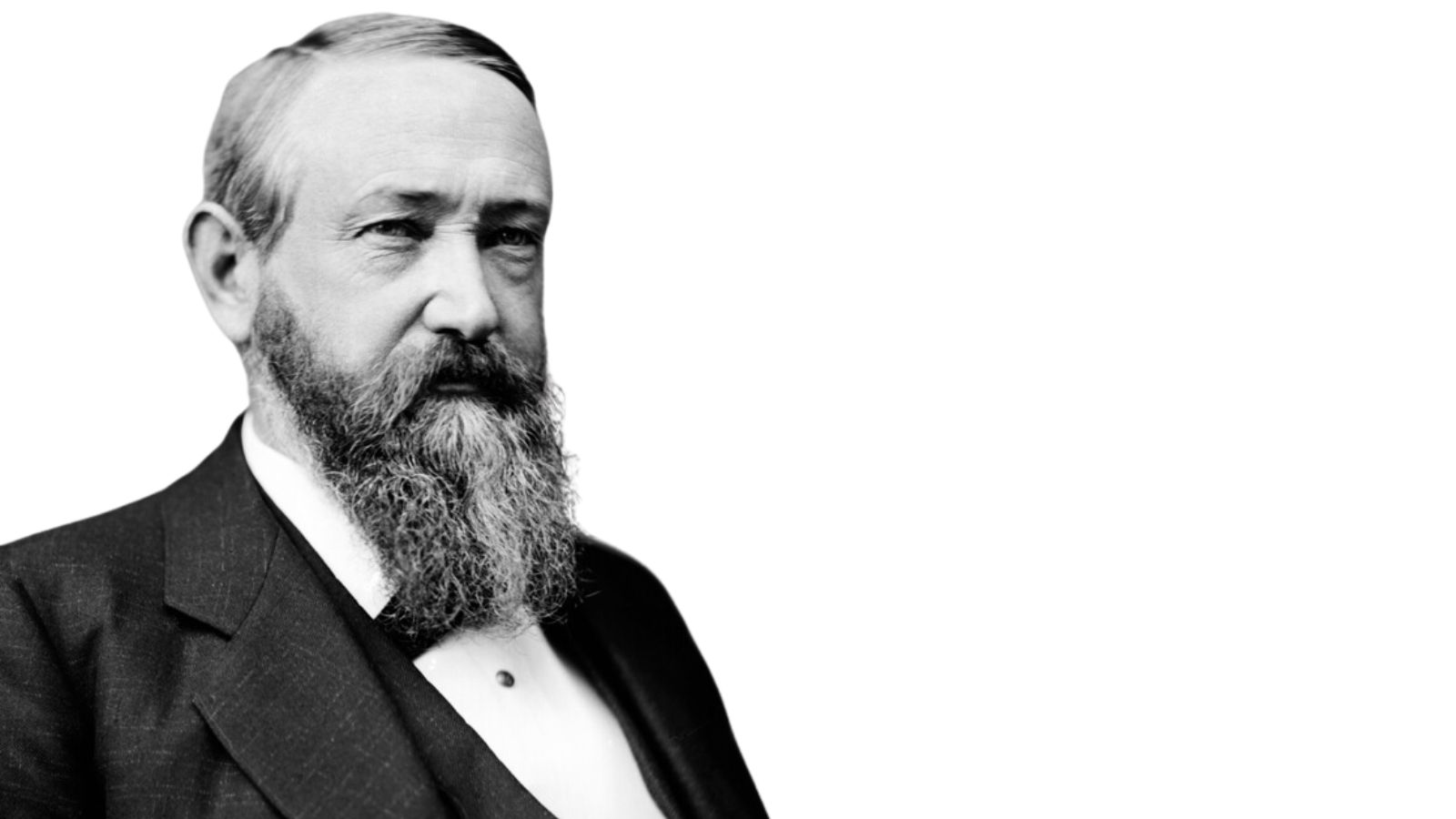
Between two non-consecutive terms of Grover Cleveland, Harrison was playing fast and loose with the nation’s checkbook. His signing of the Sherman Silver Purchase Act drained the gold reserves, contributing to the Panic of 1893. This economic downturn, characterized by bank failures and high unemployment, was a black mark against his presidency.
Martin Van Buren’s Tough Transition
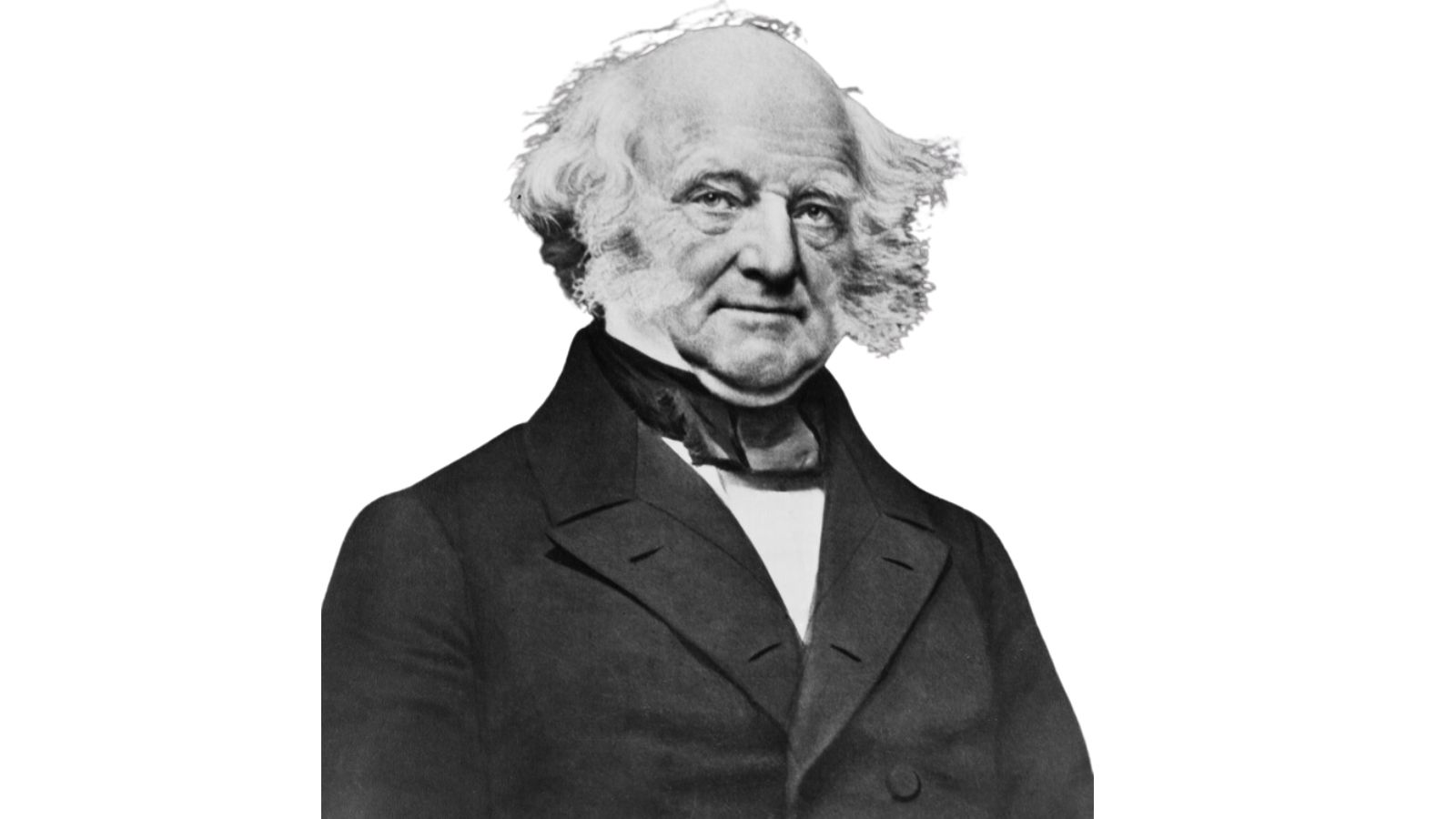
Stepping in after the magnetic Jackson was no easy feat. With the financial Panic of 1837 rearing its ugly head just months into his presidency, Van Buren was up against it. His response, continuing Jackson’s “hard money” policies and establishing an independent treasury, did little to halt the economic strain many felt.
William Henry Harrison’s Brief Breath
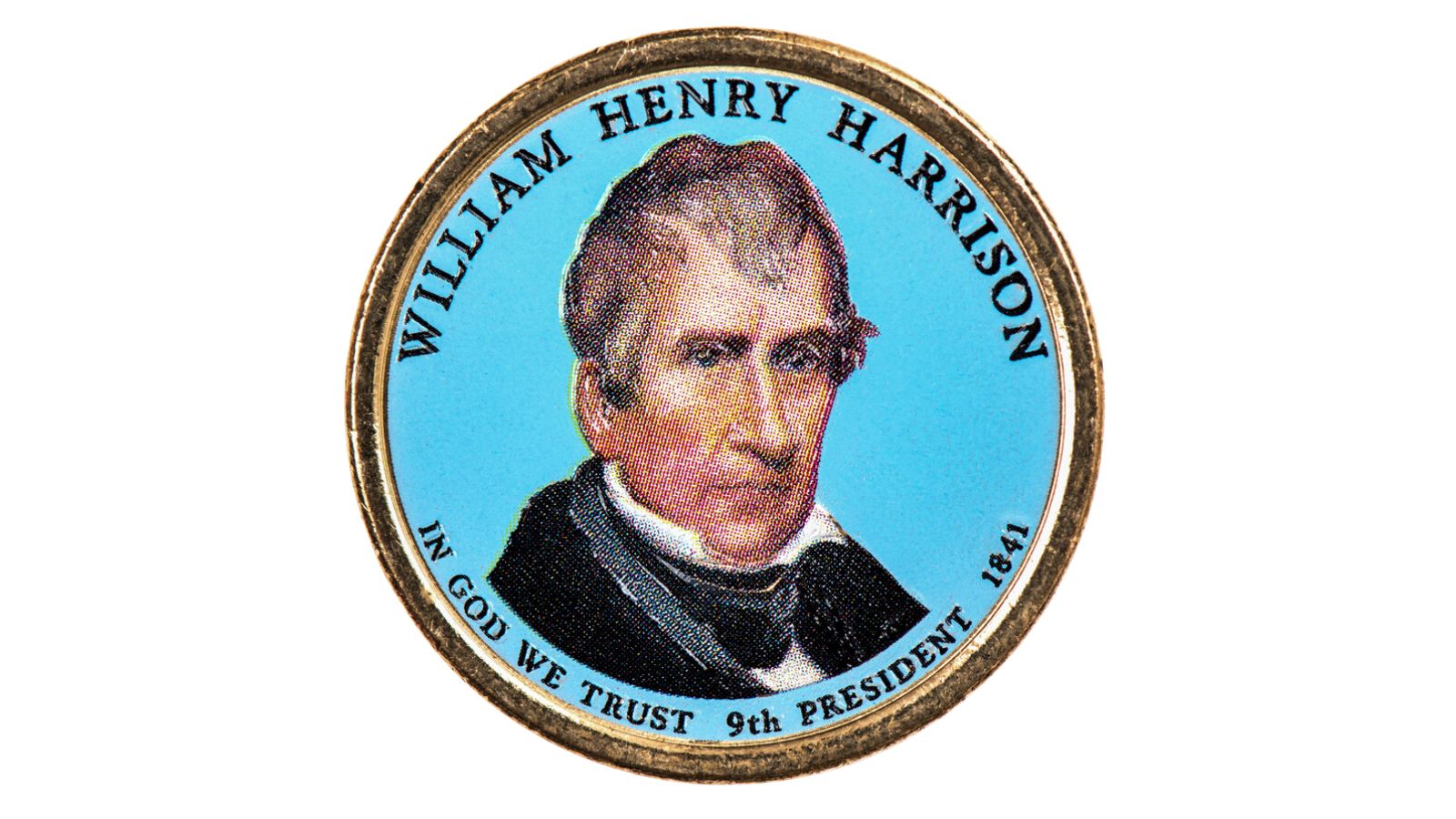
Being the oldest president elected then, Harrison wanted to show his vigor during his inauguration. Opting against an overcoat and hat, he delivered the longest inaugural speech in history in chilly weather. This act of defiance led to pneumonia, and a mere 31 days later, he became the first president to die in office.
Rutherford Hayes’ Mixed Messages
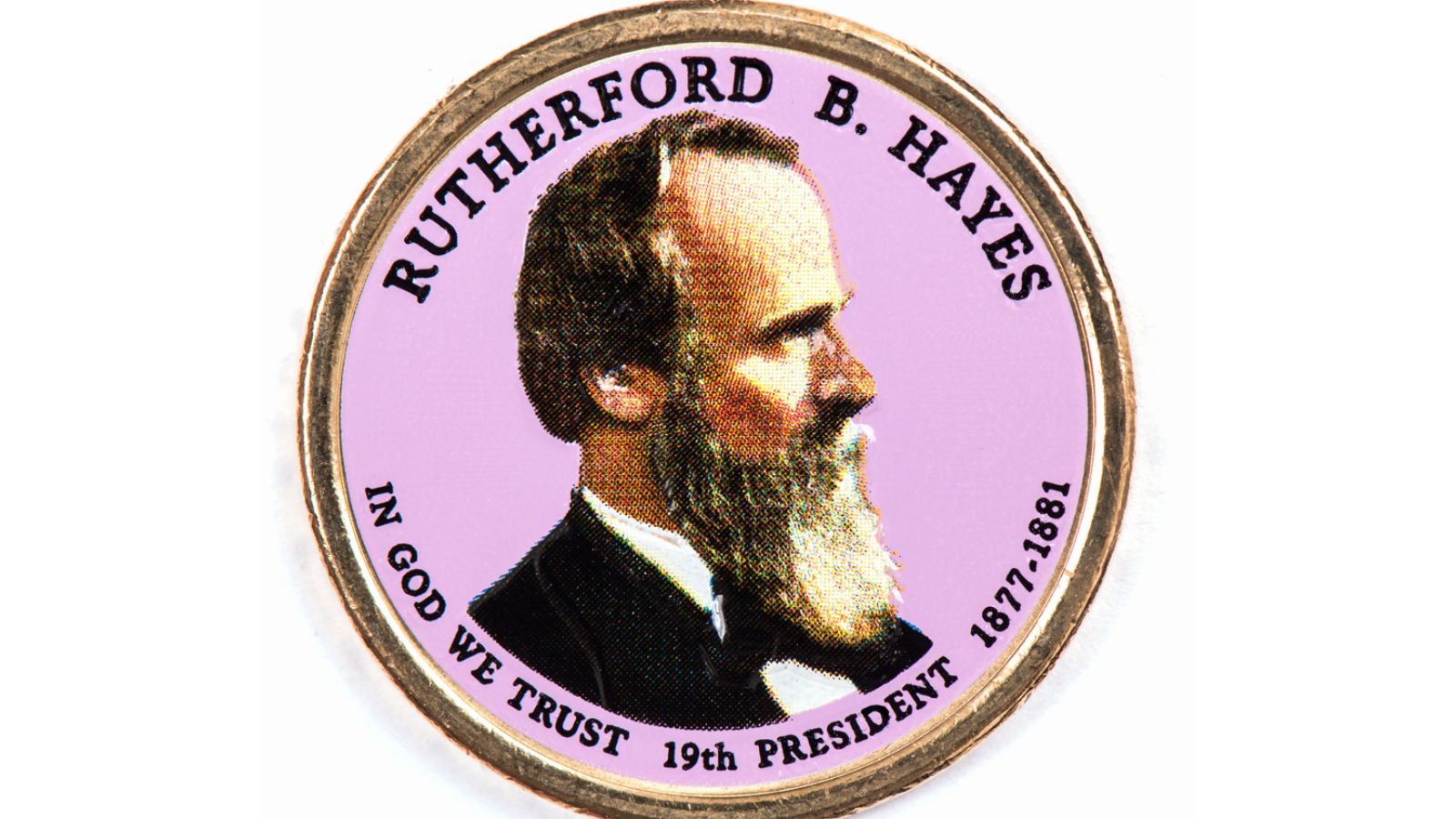
Hayes’s presidency was like navigating a boat through choppy waters. With the Compromise of 1877, he withdrew federal troops from the South, effectively ending Reconstruction. While this brought him the presidency, it also meant a resurgence of white supremacy and eroding rights for Black citizens, leaving the country grappling with its racial identity.
Chester A. Arthur’s Birthplace Buzz
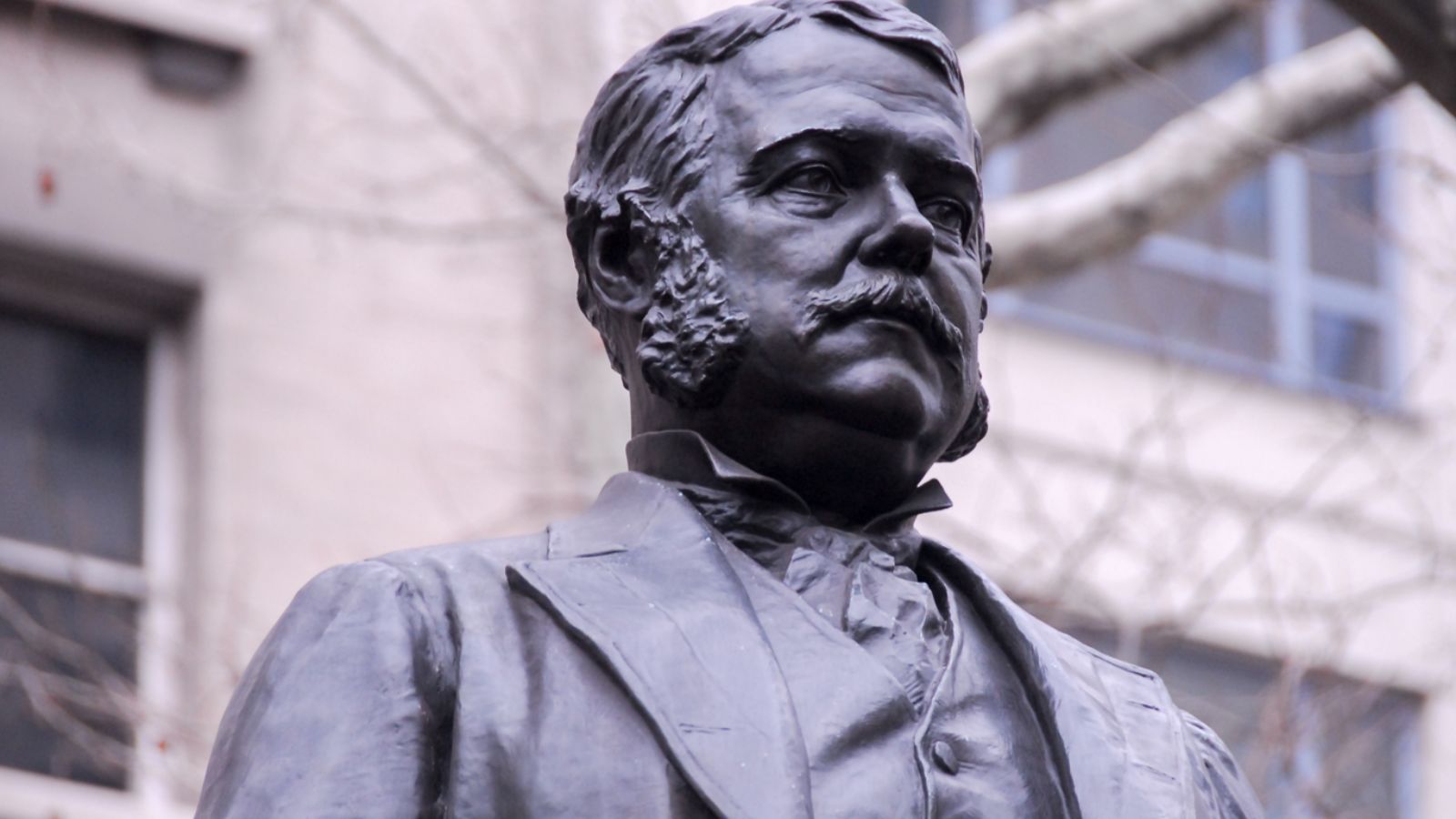
Amid Arthur’s policy pushes and civil service reforms, there was an ever-present murmur – was he really born in Vermont, or was it Canada? While never substantiated, these conspiracy theories added an aura of mystery, leading to questions about his legitimacy as president.
Zachary Taylor’s Rocky Intro
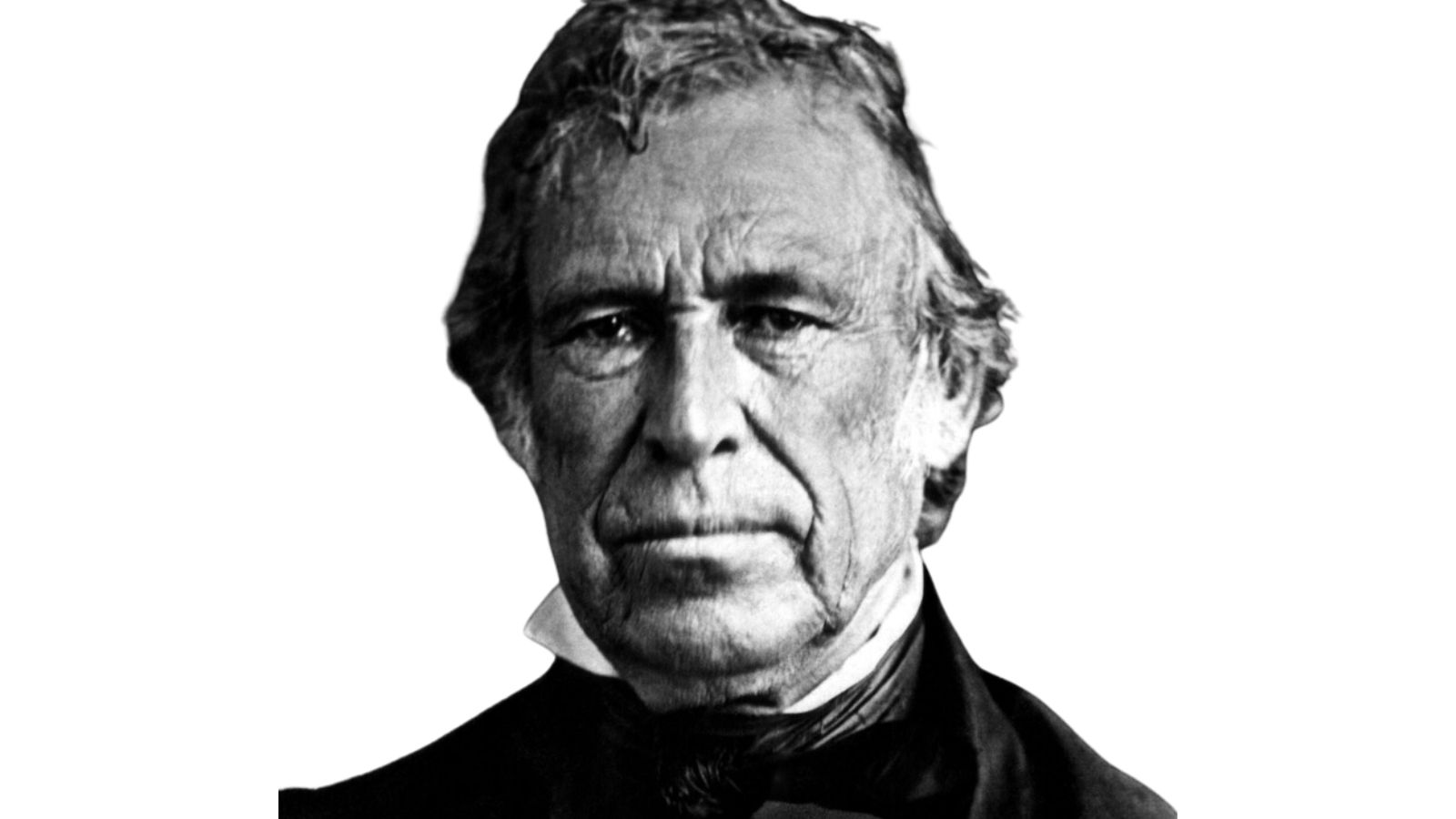
A military hero without much political experience, Taylor’s brief presidency was tense. As the nation wrangled with the question of slavery in newly acquired territories, Taylor’s attempts to skirt around the issue did little to appease the growing factions in Congress. This only intensified divides and foreshadowed the impending Civil War.
“This Means That the POTUS Can Lie 24/7”: Judge Rules That Trump’s False Election Claims While in Office Are Covered by Presidential Immunity
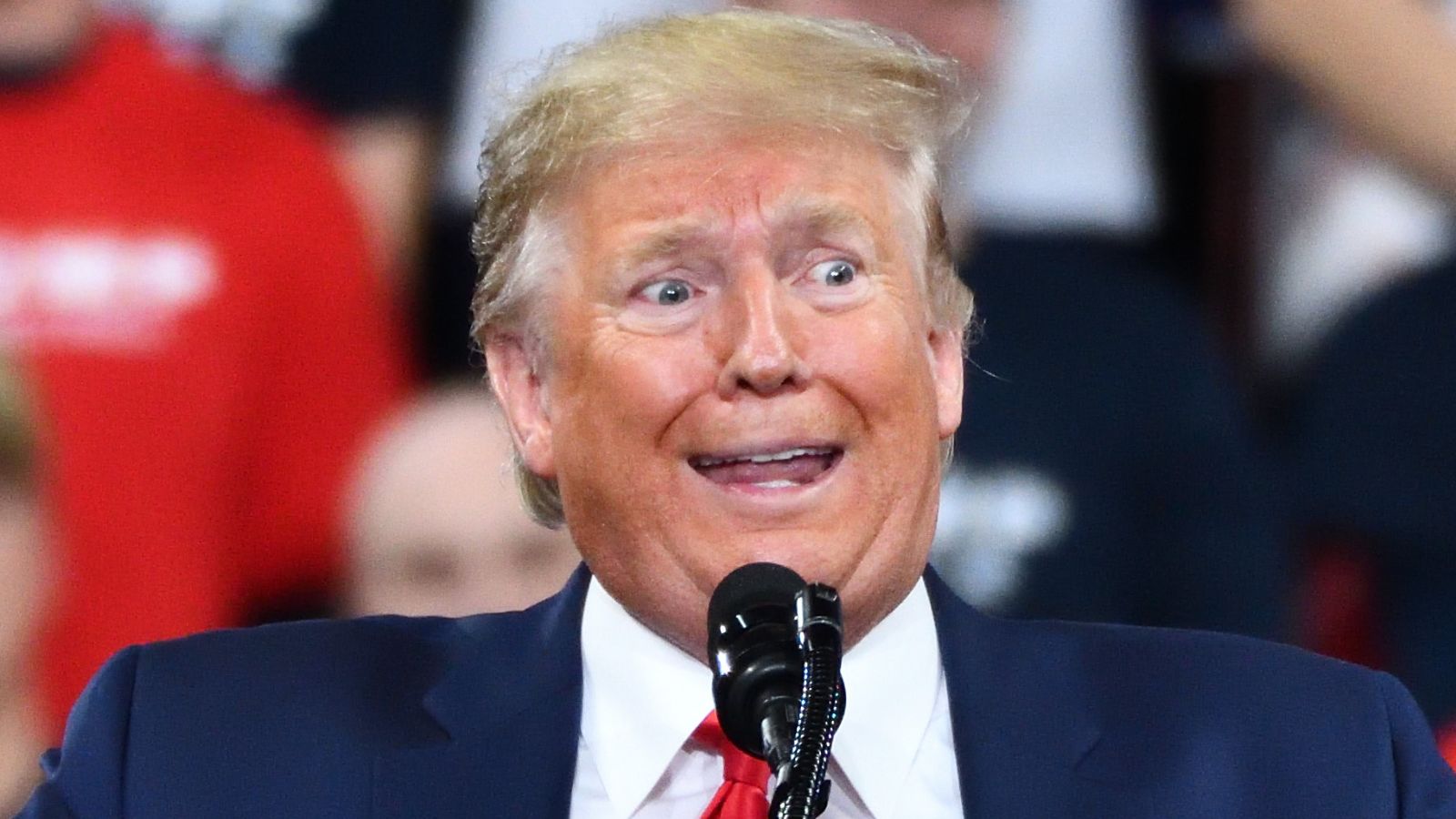
Philadelphia County Court of Common Pleas Michael Erdos has ruled that Trump was protected by presidential immunity when he made false election claims, effectively shielding him from the consequences of his words while in office.
“Donald Really Thinks He’s God’s Gift”: Trump Throws Son Under the Bus and Claims He Was Too Busy “Saving Millions of Lives” to Commit Fraud
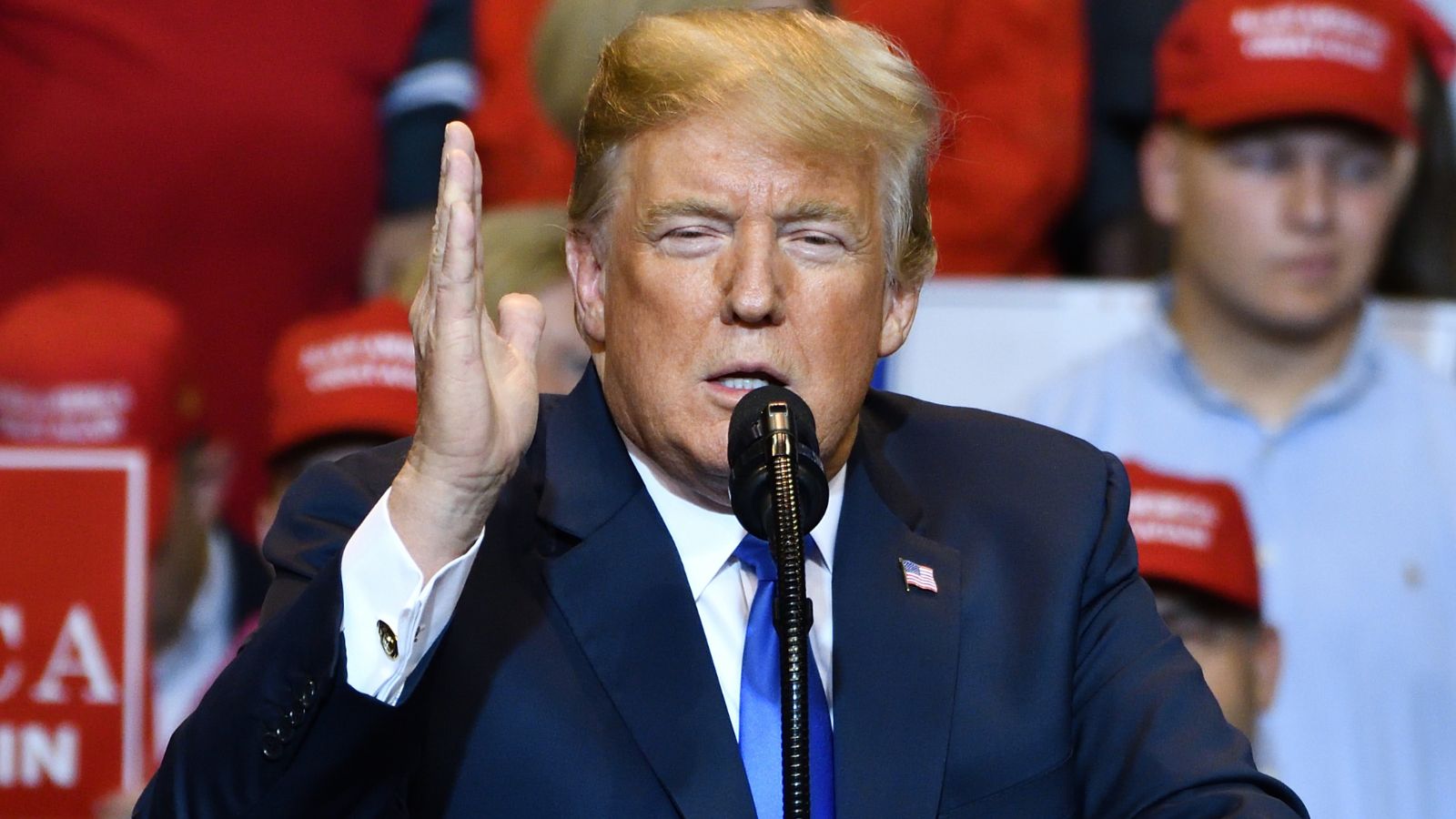
Donald Trump has claimed that his duties in “saving millions of lives” from a potential nuclear holocaust during his presidency left him too preoccupied to actively run his business empire. This was an attempt to defend himself against fraud charges.
21 Things Forbidden by the Bible (But You Might Already Be Doing Them!)
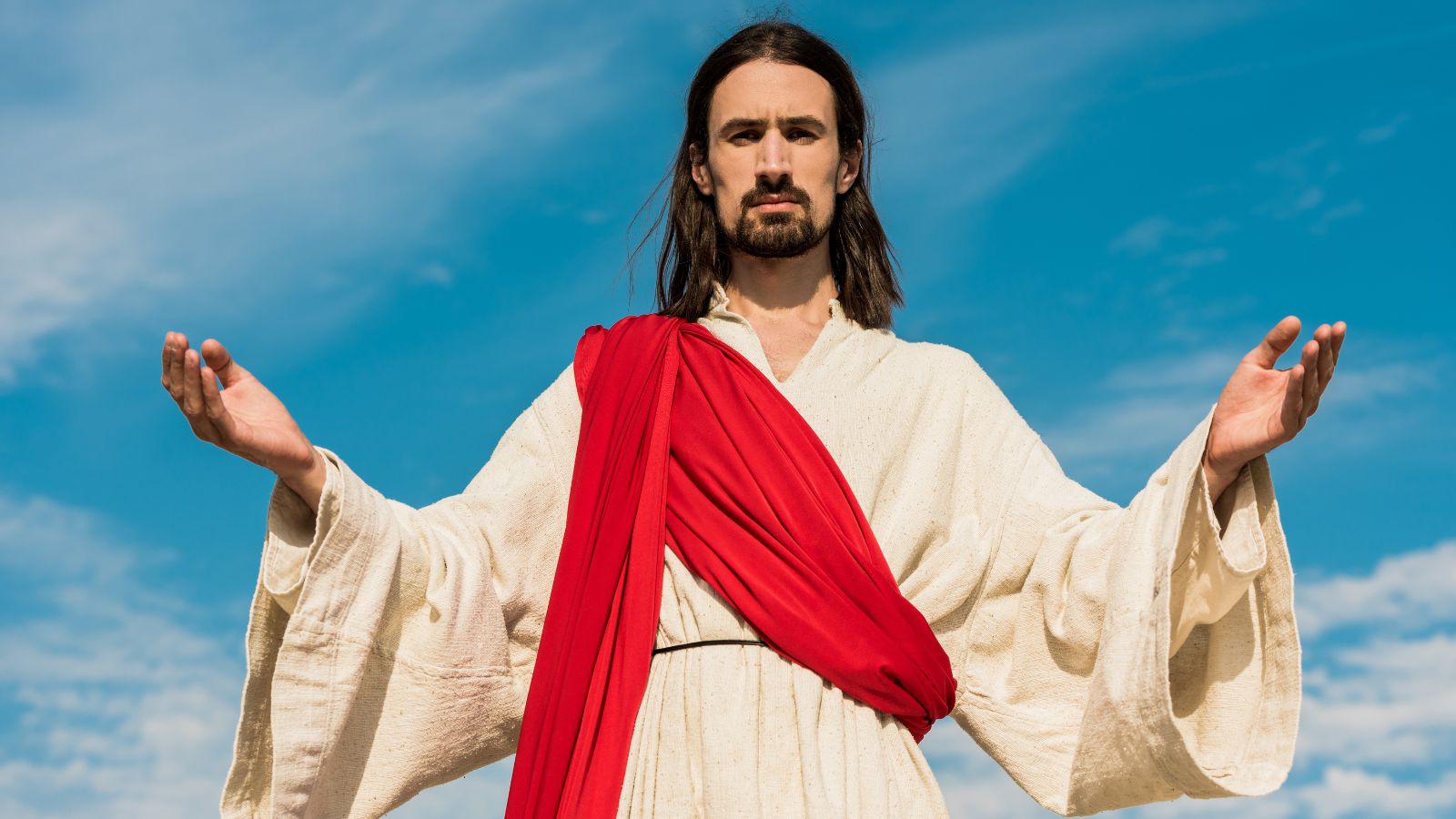
As we navigate the present day, it’s fascinating to discover age-old Biblical rules that might feel out of place today. From clean-shaven debates to the great pork dilemma, let’s dive into these intriguing prohibitions. Hold onto your hats because some of these are real eyebrow-raisers!
21 Things Forbidden by the Bible (But You Might Already Be Doing Them!)
“Jesus Was a Socialist”: Christianity in Crisis as Conservatives Finally Realize Jesus Was Woke
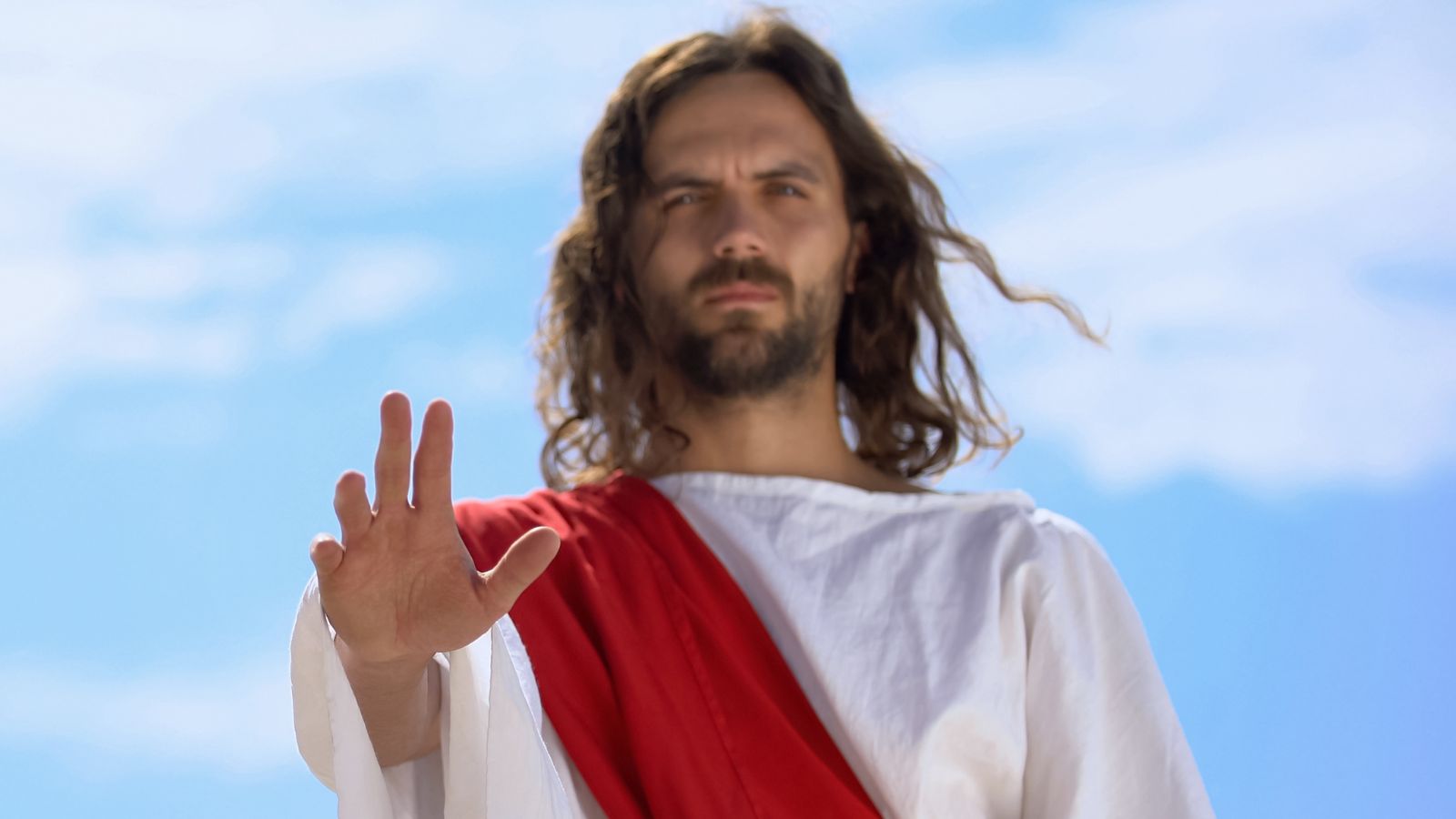
Russell Moore, once a prominent figure within the Southern Baptist Convention, has expressed profound concerns regarding the current trajectory of Christianity within the United States.
“Jesus Was a Socialist”: Christianity in Crisis as Conservatives Finally Realize Jesus Was Woke
Empty Pews, Changing Views: 18 Reasons Why Modern Congregations Are Thinning Out

Sit tight, friends! Have you noticed that your usual church-going squad is thinning out? Even the little old ladies with their prayer books seem to have made themselves scarce. But what’s causing this great church exodus? Let’s pull back the curtain and examine why some people are swapping the sermon for a Sunday sleep-in with our intriguing list of 18 reasons.
Empty Pews, Changing Views: 18 Reasons Why Modern Congregations Are Thinning Out
